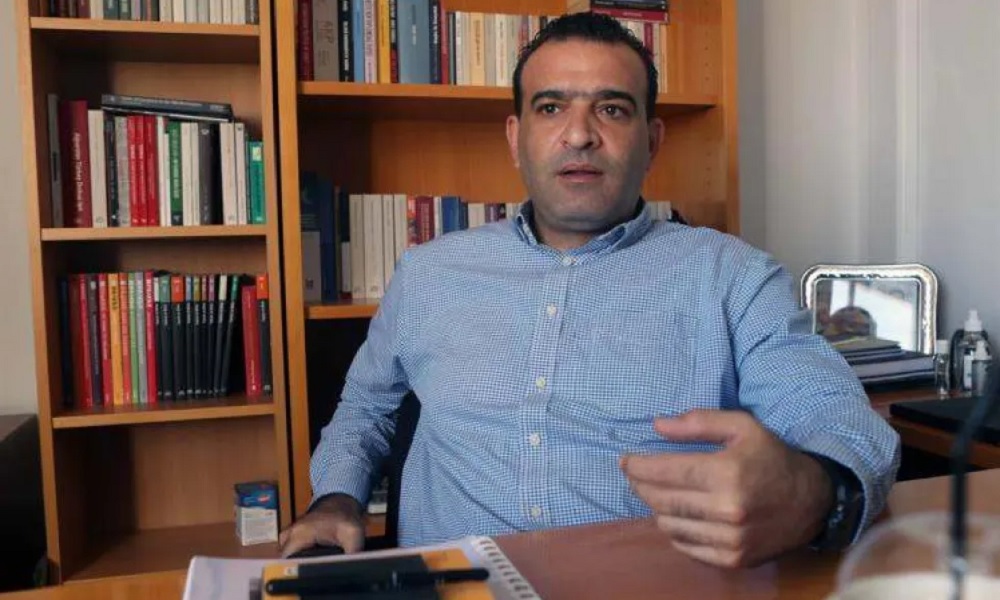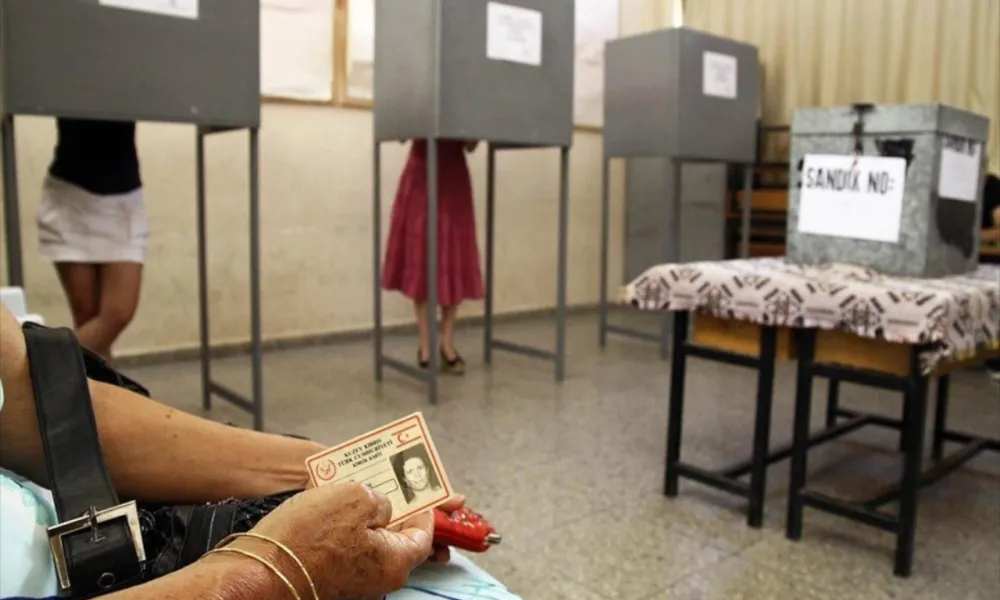On October 19 2025, voters in the Turkish-occupied north will choose their next leader, the figure who will represent them in any future process on the Cyprus problem. Despite a brief six-week campaign, the debate has stretched well beyond the familiar question of reunification. As Assistant Professor Nikos Moudouros of the University of Cyprus told Politis 107.6 & 97.6, the race has evolved into a broader confrontation over governance, institutions and the extent of Ankara’s influence.

Ersin Tatar, seeking re-election, promotes the line of “sovereign equality” and a two-state solution, a stance fully aligned with Turkey’s regional strategy. His main rival, Tufan Erhürman, argues for restarting negotiations even within a looser federal framework but keeps his tone cautious, aware of both internal divisions and geopolitical sensitivities. In practice, Erhürman has reframed the campaign around everyday issues, the economy, institutional erosion and democratic accountability, turning the election into a referendum on the political direction of the north.
From hope to realism
According to Moudouros, the once-vibrant enthusiasm among Turkish Cypriots for reunification has given way to a quieter, more pragmatic mindset. The passion that fuelled mass pro-solution rallies in the past has subsided, replaced by a focus on survival within the current political constraints. The community’s concern now centres on how to reform and “democratise” a system increasingly controlled by Ankara.
Adding to this pressure is a steady shift in demographics. Moudouros warns that the ongoing naturalisation of Turkish nationals threatens to overturn the electoral balance. If current trends continue, Turkish Cypriots may soon no longer be the majority in the occupied territories’ voter rolls, a development with profound implications for political representation and control.
Ankara’s hand in the campaign
Should Erhürman prevail, Moudouros said, it would send a clear political message to Ankara that the Turkish Cypriot community wants a change of course and a resumption of peace talks. But as in past elections, Turkey’s influence looms large. “Ankara is once again intervening, in every possible way,” Moudouros noted, adding that further interference is expected during the campaign’s final days.
Asked whether Turkey might give diplomacy another chance based on a bizonal, bicommunal federation, Moudouros said much will depend on broader regional dynamics, the balance of power in the Eastern Mediterranean, the state of Cyprus-Israel relations, the evolution of the Kurdish issue, and Turkey’s ties with the European security and defence architecture.
“These elections,” he concluded, “will reveal not only who leads the Turkish Cypriot community, but also how far Ankara’s hand still reaches into its politics.”
